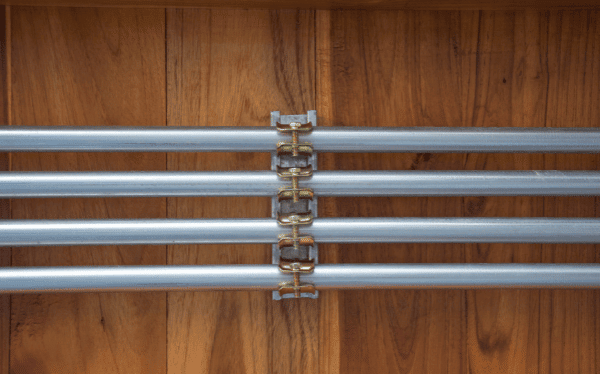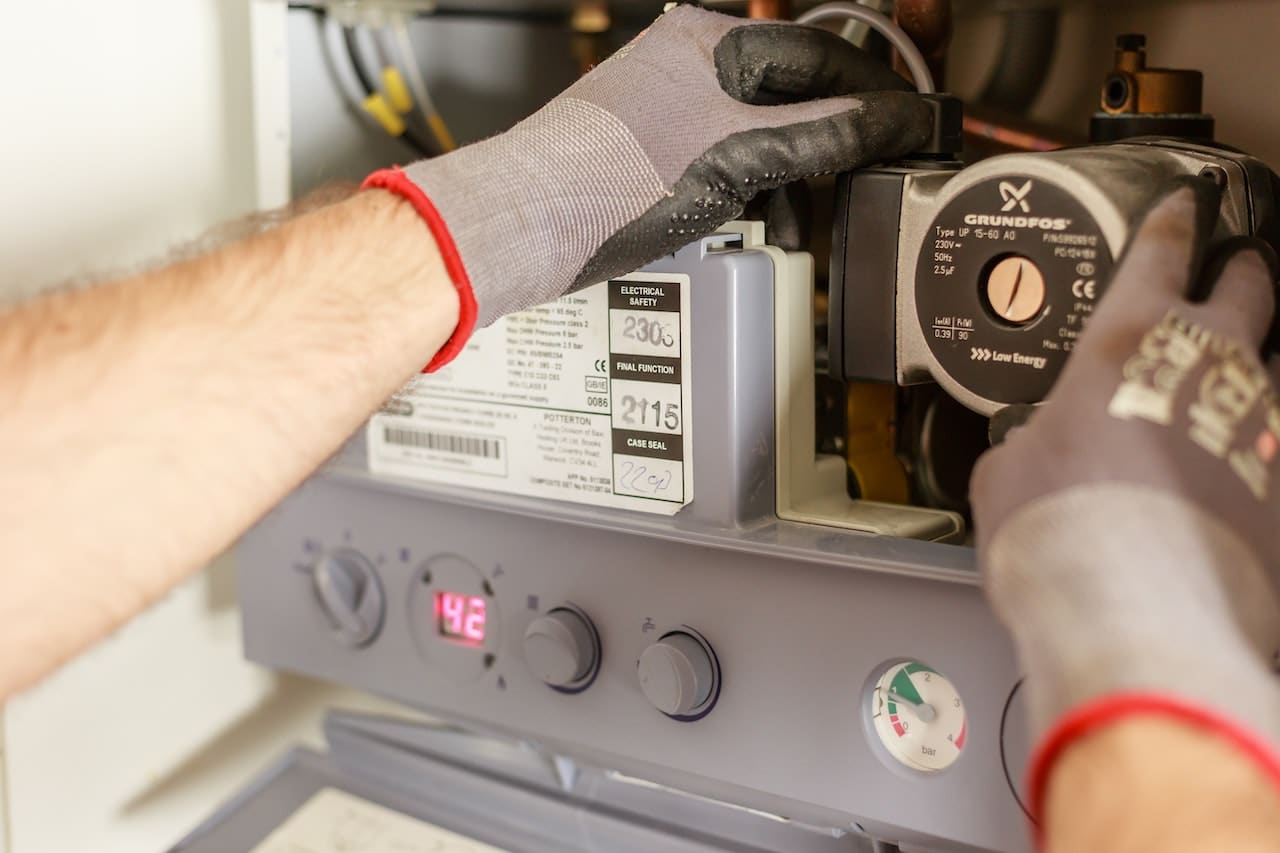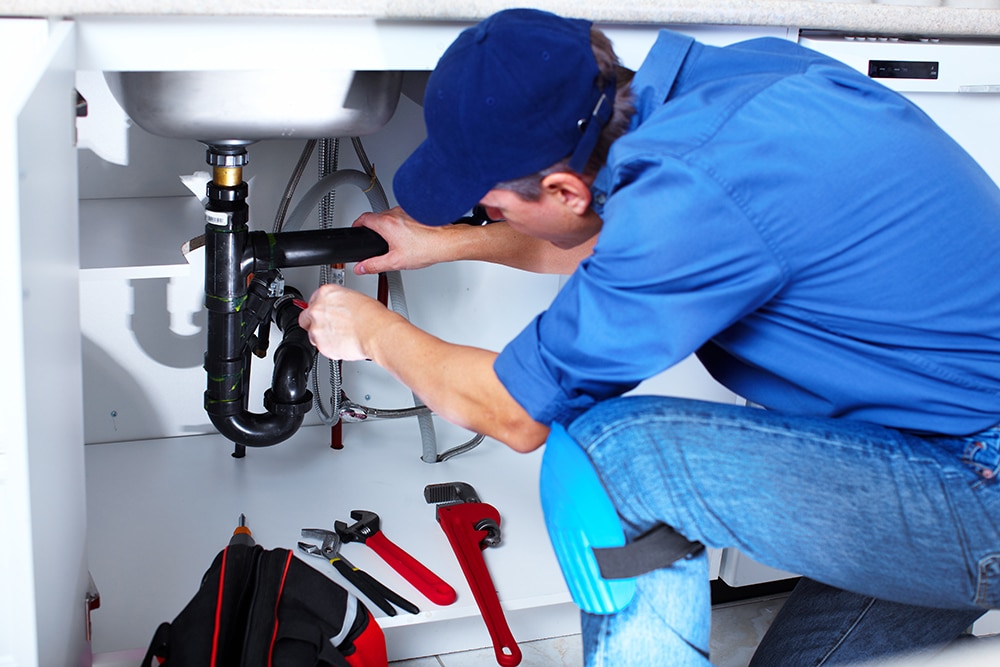Are your galvanized pipes nearing the end of their service life? Even if they’re not causing any issues right now, they may eventually start to leak and cause you headaches. If you notice any of the above symptoms, it may be time to replace your galvanized pipes. Below we’ll take a look at some of the reasons why you should consider replacing your pipes.
Corrosion
The water we drink can contain contaminants and heavy metals due to the corrosive action of corroded galvanized pipes. In fact, drinking water from rusted or corroded pipes can cause lead poisoning and other health issues. According to independent lab tests, water from rusty pipes contains up to ten times the EPA’s limit of lead in tap water. So, it’s vital to keep your water safe from the corrosive effects of leaking galvanized pipes.
Among the recommendations Snoeyink made to the city is to use water treatment to stabilize the corrosion and mineral scales inside the pipes. This would reduce the number of complaints of discolored water. He also suggests that residents replace older brass faucets with more modern and low-lead-based ones. Water treatment experts can recommend ways to reduce the acidity of tap water to ensure that pipes are not corroded by metals.
Leaks
Leaks in galvanized pipes can be a serious problem. The pipes themselves can corrode, resulting in rust-colored water and reduced water pressure. These pipes can also cause blockages and clogs. Fortunately, they can often be repaired, although longer sections may need to be replaced. This article will explore some of the more common causes of galvanized pipe leaks and how to spot them.
If you suspect that your pipes are corroding, the first step is to turn off the water supply to your home. You should locate the shut-off valve easily. After turning off the water, examine the affected section of galvanized pipe. Check nearby pipes to ensure that they are free of leaks and corrosion. It is possible to fix leaks in galvanized pipes on your own, but it’s best to hire a professional plumber for a complete inspection. Contact Pipe Bursting Services in Los Angeles for the best service.
Lower water pressure
Having rusty, galvanized pipes can lead to lower water pressure. These pipes tend to corrode and become clogged, resulting in low water pressure. Even worse, they can cost you a lot of money to repair. Fortunately, there are ways to prevent this problem from occurring. Follow these steps to prevent low water pressure with galvanized pipes. Here are some ideas to increase the water pressure in your home.
Corroded water piping corrodes on the inside, causing the inside diameter of the pipe to decrease. While it doesn’t directly affect your water pressure, it can significantly affect the quality of your water. In addition to lowering your water pressure, corroded pipes can also lead to a massive reduction in the water flow through your system. If you don’t have any other option, consider replacing your galvanized pipes altogether.
Lead
Did you know that the older your galvanized pipes are, the more likely you are to be affected by lead contamination? Lead can attach itself to the surface of old pipes and leach into your drinking water. If you live in an older home, you should have your pipes evaluated to make sure that they are safe. Water containing lead or cadmium in old pipes can have negative effects on your health.
While you may not have problems with your old galvanized pipes now, you may experience a leak or other damage in the future if your water line starts leaking. You can find alternative solutions by identifying these signs. If you notice these signs, it is time to replace your pipes. You may be able to save a lot of money by replacing them with new ones that will last longer.



